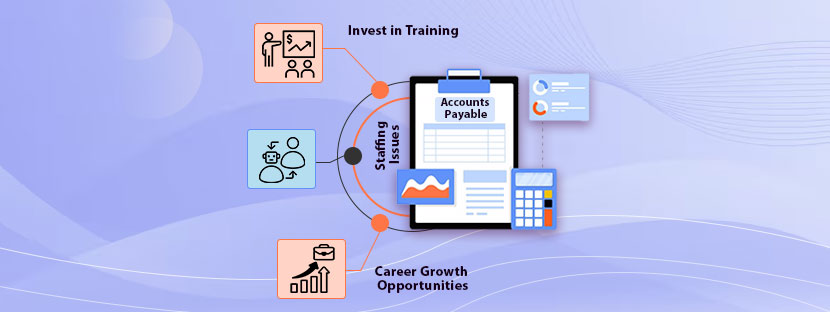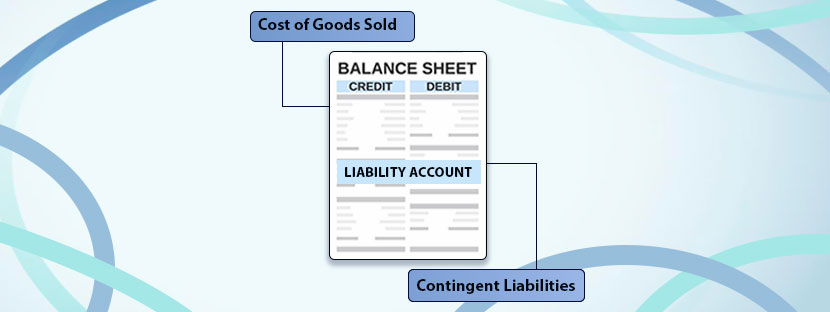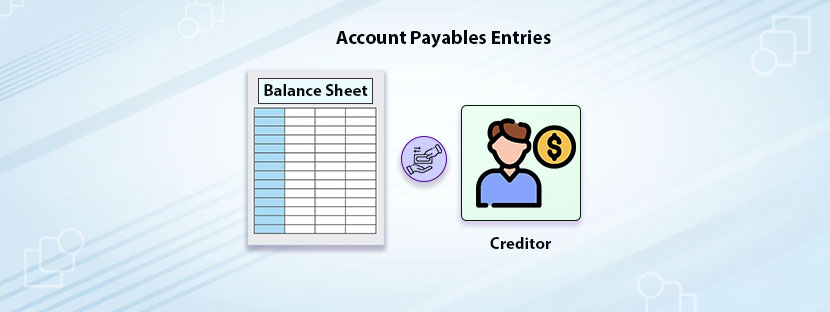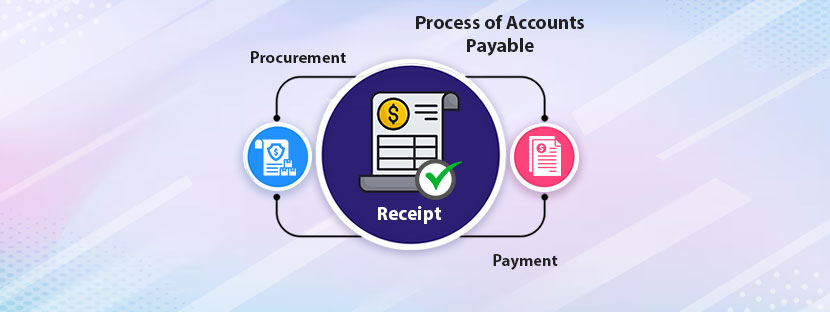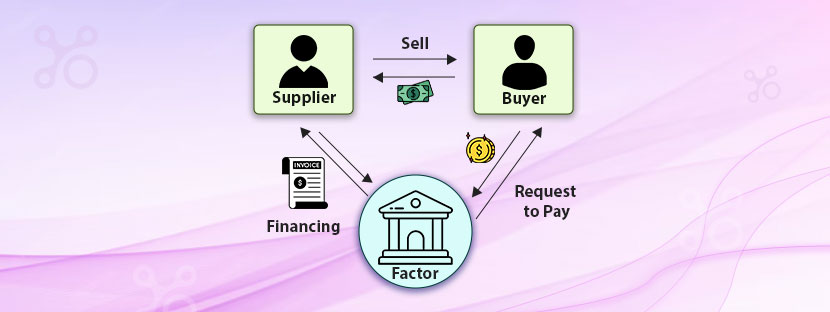Managing accounts payable (AP) is critical for maintaining a business’s financial health. However, staffing and operational improvements in AP often present persistent challenges.
Despite technological advancements and process management, many businesses struggle to optimize their AP functions. This blog explores the key reasons behind these ongoing challenges in Accounts Payable and provides insights into potential solutions.
Staffing Challenges in Accounts Payable
In an era of ongoing economic uncertainty, having a capable, efficient accounts payable department is more critical than ever. The stability and reliability that come with accounts payable process improvement can make a big difference in understanding your cash flow, maintaining strong customer relationships, and other important elements of keeping your organization’s workflows moving smoothly. Let’s assess how staffing issues can arise in AP here.
High Turnover Rates
Accounts payable roles often experience high employee turnover due to repetitive tasks and limited career growth opportunities. This creates a constant need to train new staff, disrupting workflow continuity.
Skill Gaps
Modern AP processes involve using specialized software and analytics tools. However, many AP teams lack trained personnel to leverage these tools effectively. Lacking of skills can seriously impact the AP and overall accounts management aspects.
Insufficient Staffing Levels
Understaffing in AP departments leads to delayed payments, errors, and increased workload for existing employees. This results in burnout and decreased efficiency. But you have many options to try and maintain this insufficiency of skilled staff members.
Operational Challenges in Accounts Payable
Like other vital accounting processes, accounts payable has a certain way to manage. However, mistakes can happen anywhere so in the AP system. Here are some operational challenges that you might be having when you process AP data.
Issues of Manual Processes
Despite digital solutions, many businesses still rely on manual data entry and invoice processing. This leads to errors, inefficiencies, and delays.
Lack of Standardization
Companies often struggle with inconsistent AP processes, especially in organizations with multiple locations or decentralized systems. This lack of standardization complicates operations and increases processing times.
Compliance Issues
Staying compliant with tax regulations and financial reporting requirements is a complex task. Errors in AP processes can lead to penalties and damaged vendor relationships.
Limited Technology Adoption
While automation can transform AP, many organizations hesitate to invest in technology due to budget constraints or resistance to change. This hampers operational improvement efforts.
Why These Accounts Payable Challenges Persist
Organizational Resistance
Change management is a significant hurdle in AP departments. Employees accustomed to traditional methods often resist adopting new processes or technologies.
Budget Constraints
Investing in staffing and technological upgrades requires financial resources. Many businesses prioritize other departments over AP, leaving it underfunded.
Complexity of Vendor Ecosystems

Managing relationships with multiple vendors, each with unique payment terms and invoicing systems complicates AP operations. This complexity often overwhelms under-resourced teams. Finding the right vendors takes time. You have to get quotes from the companies that offer what you’re looking for and compare to find the option with the best cost and product for you. Make things easier in the long run by keeping a list of approved vendors that team members can rely on.
Addressing Staffing Issues in AP Management
I. Invest in Training
Upskilling AP staff in technology and best practices enhances their efficiency and job satisfaction.
II. Offer Career Growth Opportunities
Providing clear career paths and professional development opportunities can reduce turnover rates.
III. Leverage Outsourcing
Partnering with external specialists for routine tasks allows internal teams to focus on strategic activities.
Tackling Operational Challenges in AP
1. Embrace Human-Inclusive Automation
Implementing automated solutions for invoice processing, payment approvals, and data entry reduces errors and speeds up operations. But remember, humans should remain in the loop.
2. Standardize Processes
Creating uniform policies and procedures across locations ensures consistency and efficiency.
3. Conduct Regular Audits
Periodic reviews of AP processes help identify bottlenecks and areas for improvement.
4. Foster Vendor Collaboration
Building strong relationships with vendors promotes smoother interactions and reduces disputes.
The Role of Technology in Overcoming Challenges
Cloud-based AP software, AI-driven analytics, and robotic process automation (RPA) are transforming AP operations. These tools streamline processes, improve accuracy, and provide real-time insights. Businesses that embrace these technologies are better equipped to address staffing and operational issues.
AP Data Entry Can Do Many Things
The flow of cash into business operations depends on many factors. The more you put effort the more it would generate and obviously, there is some strategic aspect also. However, in accounting, you have to maintain proper details in order to show all incomes and flows. Among other accounting factors, accounts payable plays a major role.
Some dedicated companies like AskDataEntry provide accounts payable data entry services to manage the entire AP processing. They help to perfectly enter AP records into the accounting process, check balances and do other record entry-related tasks. From digital paper records to software, data entry experts can manage accounting records from anywhere.
Conclusion
Staffing and operational improvements are the continuous challenges in Accounts Payable due to organizational, technological, and financial factors. However, with strategic investments in training, technology, and standardized processes, businesses can overcome these hurdles. By prioritizing AP optimization, companies not only enhance their financial health but also strengthen their vendor relationships and overall operational efficiency.

